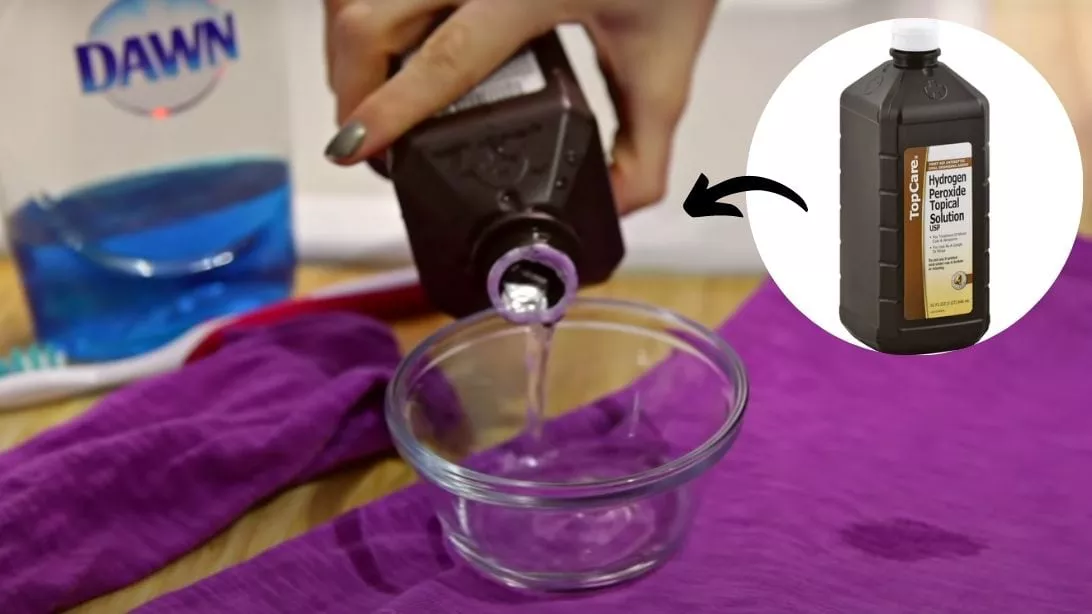Teeth whitening has become a popular cosmetic procedure for achieving a brighter smile. One of the key ingredients in many whitening products is hydrogen peroxide. But is hydrogen peroxide truly safe for teeth whitening? This article delves into the science behind hydrogen peroxide, its effects on teeth, safety considerations, and alternative whitening methods.
Understanding Hydrogen Peroxide
Hydrogen peroxide is a chemical compound with the formula H2O2. It is a clear, colorless liquid with strong oxidizing properties, making it useful for various applications, including teeth whitening. When used in teeth whitening products, hydrogen peroxide breaks down into water and oxygen, releasing oxygen molecules that penetrate the enamel and dentin to bleach stains and discoloration.
SEE ALSO: What Percent Hydrogen Peroxide for Teeth Whitening
Effectiveness of Hydrogen Peroxide in Teeth Whitening
Research has shown that hydrogen peroxide is effective in removing surface stains and lightening the color of teeth. It works by oxidizing the colored compounds in the teeth, breaking them down and making the teeth appear whiter. However, the degree of whitening achieved can vary depending on factors such as the concentration of hydrogen peroxide, the duration of treatment, and the individual’s initial tooth color.
Is Hydrogen Peroxide Safe for Teeth Whitening?
While hydrogen peroxide is widely used in teeth whitening products, there are safety considerations to keep in mind:
Potential Tooth Sensitivity: Some individuals may experience tooth sensitivity during or after using hydrogen peroxide-based whitening products. This sensitivity is usually temporary and can be managed with desensitizing toothpaste or reducing the frequency of whitening treatments.
Soft Tissue Irritation: Direct contact with hydrogen peroxide can irritate the gums, lips, or cheeks. It is essential to follow the manufacturer’s instructions carefully and avoid excess application to prevent irritation.
Enamel Damage: Prolonged or excessive use of high-concentration hydrogen peroxide products can potentially damage tooth enamel. Dentists recommend using whitening products in moderation and consulting with a dental professional for personalized advice.
Pre-existing Dental Conditions: Individuals with cavities, gum disease, or other dental issues should consult their dentist before using hydrogen peroxide-based whitening products. These conditions may need to be addressed before starting whitening treatments.
Proper Application: It’s crucial to use whitening products as directed and avoid DIY methods or over-the-counter products with high concentrations of hydrogen peroxide without professional guidance. Dentists can provide customized whitening treatments that minimize risks and maximize results.
Alternative Whitening Methods
For those concerned about the safety of hydrogen peroxide or experiencing sensitivity, several alternative whitening methods are available:
Whitening Toothpaste: Toothpaste containing gentle abrasives and low concentrations of whitening agents can help maintain a brighter smile without causing sensitivity.
Professional Whitening: In-office whitening procedures supervised by dentists ensure safe and effective results. These treatments often use customized whitening gels and light activation for optimal whitening without compromising dental health.
At-Home Kits: Dentist-prescribed at-home whitening kits provide a balance between convenience and safety. They typically include lower concentrations of whitening agents and custom-fitted trays for comfortable application.
Natural Remedies: Some natural ingredients like baking soda, activated charcoal, and coconut oil are believed to have mild whitening properties. However, their efficacy and safety for long-term use require further research.
Conclusion
Hydrogen peroxide can be safe for teeth whitening when used correctly and under professional guidance. It is essential to consider individual dental health, follow recommended guidelines, and be aware of potential risks such as tooth sensitivity and soft tissue irritation. Consulting with a dentist is the best approach to determine the most suitable whitening method for achieving a brighter, healthier smile while prioritizing dental safety and well-being.

